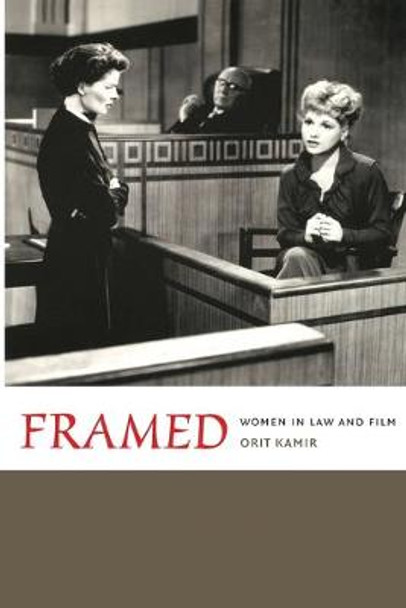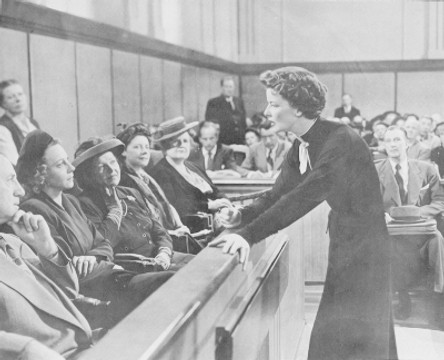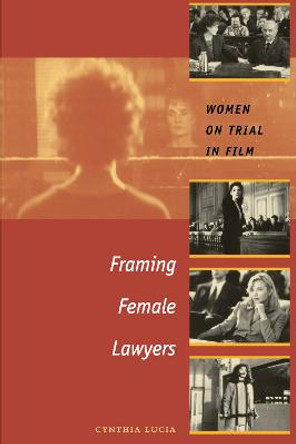Description
Through innovative readings of a dozen movies made between 1928 and 2001 in Europe, Japan, and the United States, Orit Kamir shows that in representing "gender crimes," feature films have constructed a cinematic jurisprudence, training audiences worldwide in patterns of judgment of women (and men) in such situations. Offering a novel formulation of the emerging field of law and film, Kamir combines basic legal concepts-murder, rape, provocation, insanity, and self-defense-with narratology, social science methodologies, and film studies.
Framed not only offers a unique study of law and film but also points toward new directions in feminist thought. Shedding light on central feminist themes such as victimization and agency, multiculturalism, and postmodernism, Kamir outlines a feminist cinematic legal critique, a perspective from which to evaluate the "cinematic legalism" that indoctrinates and disciplines audiences around the world. Bringing an original perspective to feminist analysis, she demonstrates that the distinction between honor and dignity has crucial implications for how societies construct women, their social status, and their legal rights. In Framed, she outlines a dignity-oriented, honor-sensitive feminist approach to law and film.
Intervenes in the emerging discipline of law-and-film by developing a framework for evaluating how films represent "gender crimes" and how those representations affect audiences' ideas about women, their legal rights, and their roles in society
About the Author
Orit Kamir is Professor of Law and Gender at Hebrew University in Jerusalem and a Visiting Professor at the University of Michigan Law School. She is co-director of the Israeli Center for Human Dignity and the author of Every Breath You Take: Stalking Narratives and the Law; Israeli Honor and Dignity: Social Norms, Gender Politics, and the Law (in Hebrew); and Feminism, Rights, and the Law (also in Hebrew).
Reviews
"Framed is groundbreaking. It pushes law-and-film scholarship forward in significant ways. The question at its core is not how various groups are represented but rather the more difficult one of how we as legal or cinematic audiences are led to judge these groups. Orit Kamir doesn't simply 'do' an analysis of a group of films. Rather, she uses a set of films as a vehicle to explore the mechanisms of judgment."-Rebecca Johnson, author of Taxing Choices: The Intersection of Class, Gender, Parenthood, and the Law
"In this fascinating book, Orit Kamir displays an original method for reading law and film that illuminates both a remarkable set of films from around the world and many of our deepest assumptions about law. All this is done from a powerful feministic perspective. I know nothing like it."-James Boyd White, author of The Edge of Meaning
Book Information
ISBN 9780822336242
Author Orit Kamir
Format Paperback
Page Count 352
Imprint Duke University Press
Publisher Duke University Press
Weight(grams) 494g









